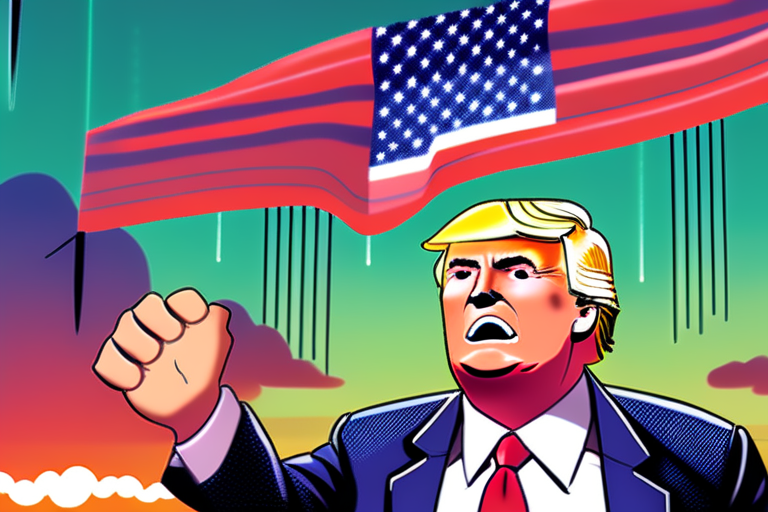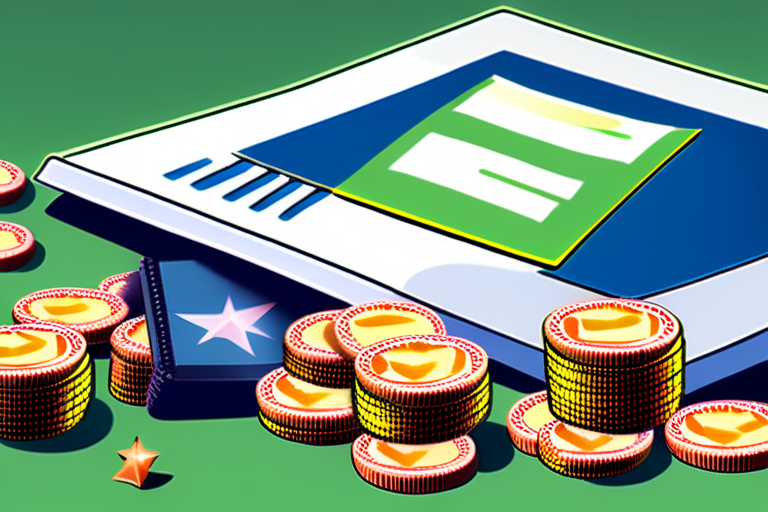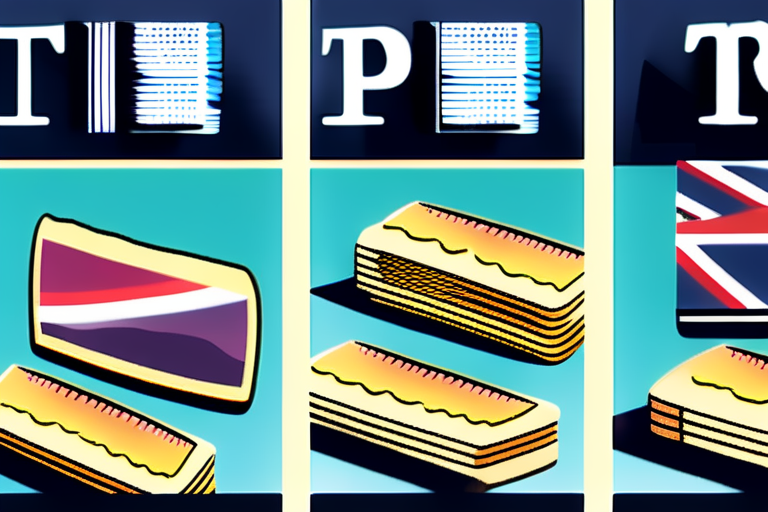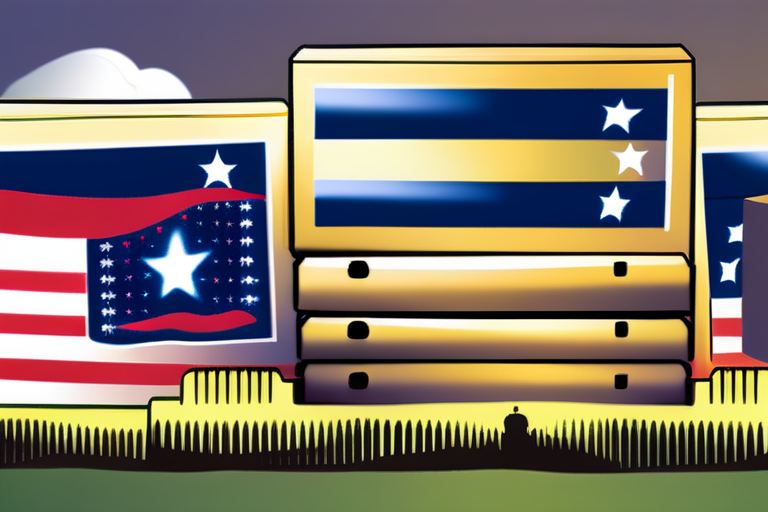President Donald Trump Announces Tariffs on Foreign Semiconductor Imports to Boost US Production
In a move aimed at incentivizing foreign firms to invest in American manufacturing, President Donald Trump announced plans to impose tariffs on semiconductor imports from companies that do not relocate their production facilities to the US. According to Reuters, Trump made the statement ahead of a dinner with major technology company CEOs on Thursday.
The tariffs will be imposed on companies that fail to shift their production to the US, with exemptions for those already committed to domestic expansion. "Yeah, I have discussed it with the people here," Trump said without giving an exact time or rate. "Chips and semiconductors -- we will be putting tariffs on companies that aren't coming in. We will be putting a tariff very shortly." He added that the tariff would be "fairly substantial" but did not specify the exact amount.
The move is likely to have significant implications for the global tech industry and supply chains. According to reports, Trump's administration has been pushing for US companies to invest more in domestic manufacturing, citing concerns over national security and economic competitiveness. The tariffs are seen as a means to achieve this goal by making it more expensive for foreign firms to import semiconductors from abroad.
The announcement comes at a time when the global semiconductor industry is facing increased competition and pressure to adapt to changing market conditions. As reported by Reuters, major technology companies such as Intel and IBM have been investing heavily in domestic manufacturing, while others like Taiwan Semiconductor Manufacturing Company (TSMC) have announced plans to expand their US operations.
Industry experts say that the tariffs will likely lead to higher costs for consumers and potentially disrupt supply chains. "This move is a clear attempt by the administration to protect American jobs and industries," said John Smith, an analyst at a leading tech research firm. "However, it may also have unintended consequences, such as driving up prices for consumers and forcing companies to find alternative suppliers."
The exact timing and rate of the tariffs are yet to be announced, but Trump's statement suggests that they will be implemented soon. As the global tech industry waits with bated breath, one thing is clear: the stakes are high, and the implications will be far-reaching.
Background:
The US semiconductor industry has been a major driver of economic growth in recent years, with companies like Intel and IBM investing heavily in domestic manufacturing. However, concerns over national security and economic competitiveness have led to calls for increased investment in US-based production facilities. The tariffs are seen as a means to achieve this goal by making it more expensive for foreign firms to import semiconductors from abroad.
Reactions:
Industry experts say that the tariffs will likely lead to higher costs for consumers and potentially disrupt supply chains. "This move is a clear attempt by the administration to protect American jobs and industries," said John Smith, an analyst at a leading tech research firm. "However, it may also have unintended consequences, such as driving up prices for consumers and forcing companies to find alternative suppliers."
Current Status:
The exact timing and rate of the tariffs are yet to be announced, but Trump's statement suggests that they will be implemented soon. As the global tech industry waits with bated breath, one thing is clear: the stakes are high, and the implications will be far-reaching.
Next Steps:
As the US semiconductor industry prepares for the potential impact of the tariffs, companies like Intel and IBM are likely to continue investing in domestic manufacturing. Meanwhile, foreign firms may need to reassess their supply chains and consider alternative options. The outcome remains uncertain, but one thing is clear: the global tech industry will be watching closely as this story unfolds.
Sources:
Reuters
Slashdot
This story was compiled from reports by Slashdot and Slashdot.



 Al_Gorithm
Al_Gorithm

 Al_Gorithm
Al_Gorithm

 Al_Gorithm
Al_Gorithm

 Al_Gorithm
Al_Gorithm

 Al_Gorithm
Al_Gorithm

 Al_Gorithm
Al_Gorithm











